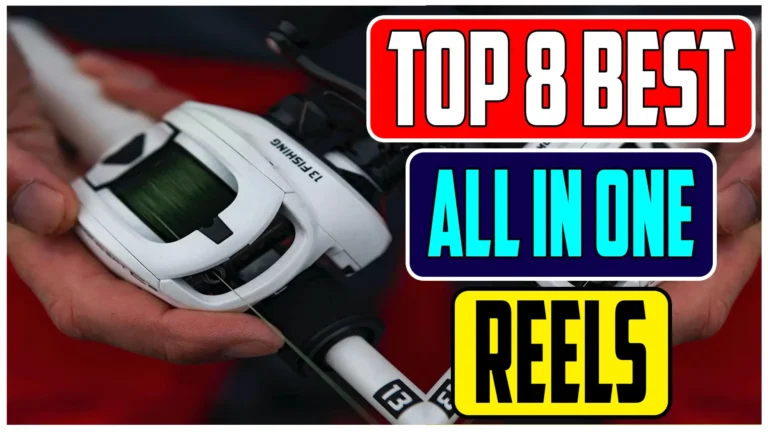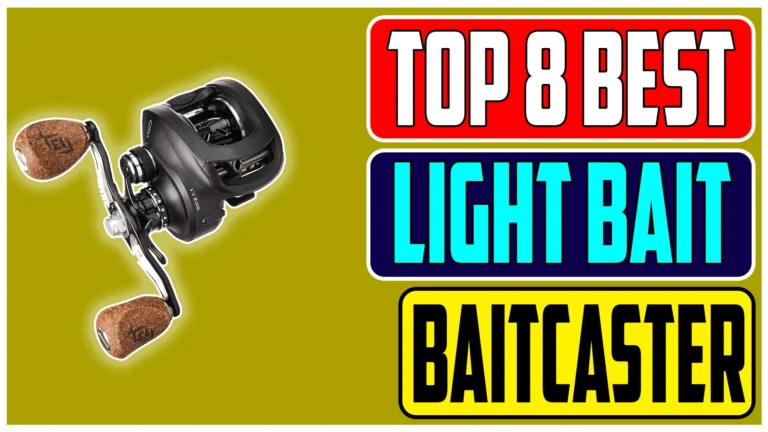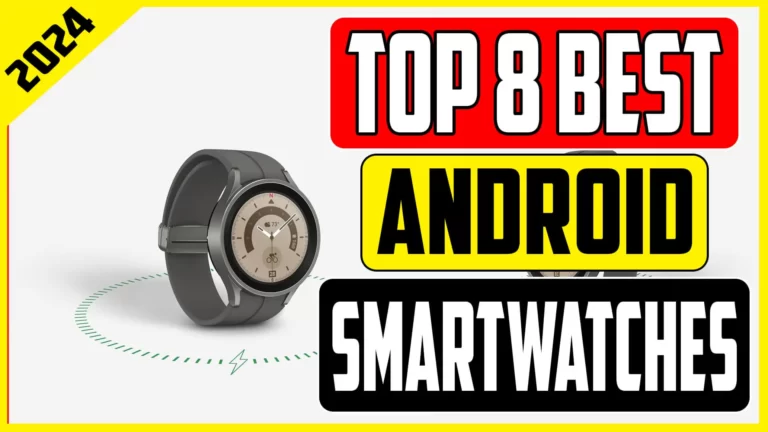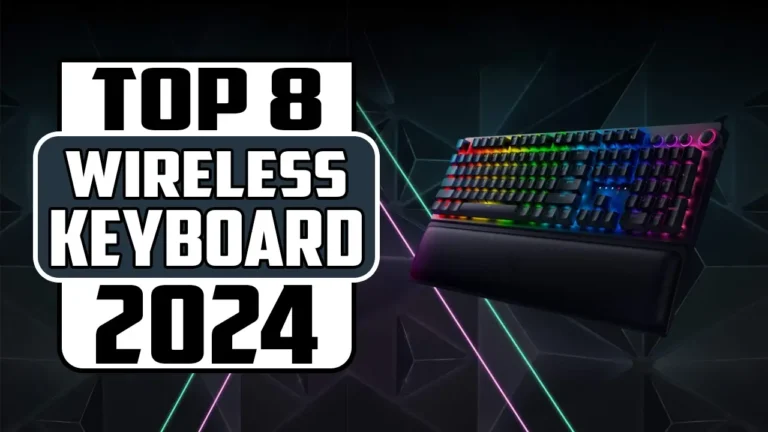Capture Every Angle The Best 360 Cameras In 2024
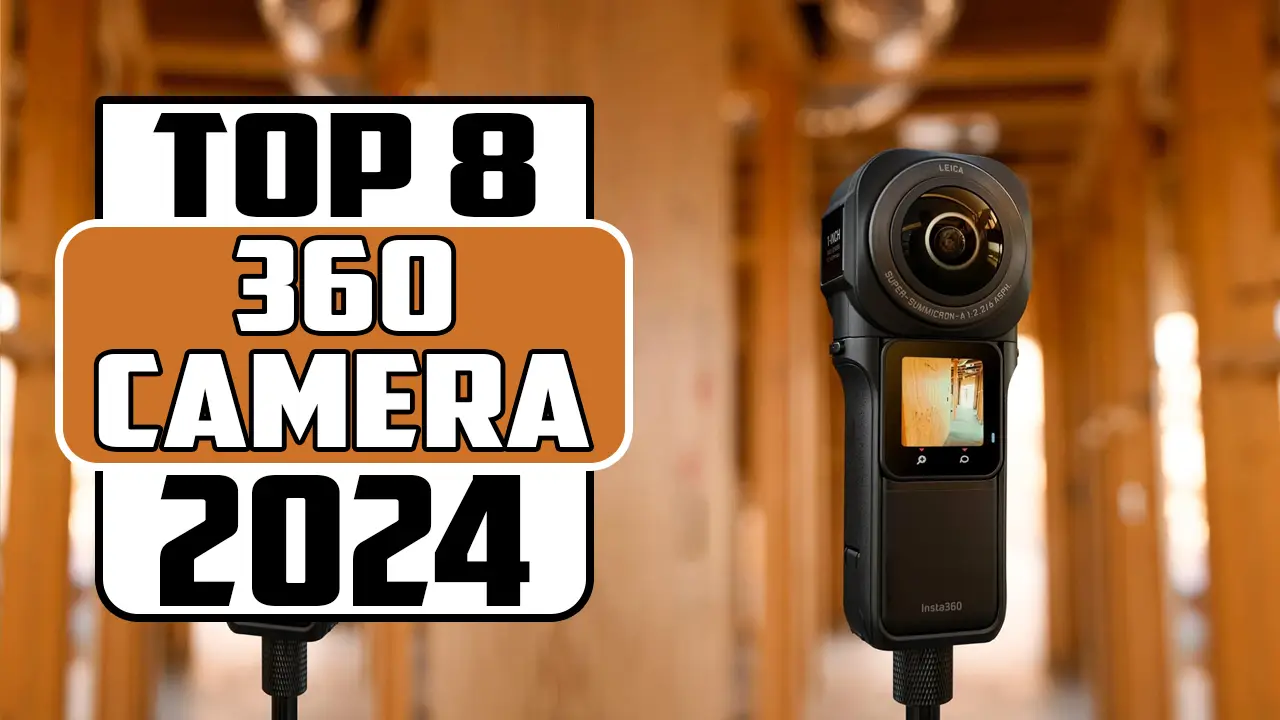
In the rapidly evolving world of technology, 360-degree cameras have carved out a unique niche. These innovative devices offer a panoramic view of the world, capturing every angle in a single shot. This article presents a comprehensive review of the top eight 360-degree cameras available in the market today, each with its unique features and capabilities.
1. Ricoh Theta Z1 Camera: The Low-Light Photography Expert
The Ricoh Theta Z1 is a standout in the 360-degree camera market, particularly for its superior performance in low-light conditions. This is largely due to its two 1-inch, backside-illuminated CMOS sensors, which deliver exceptional image quality even in less than perfect lighting conditions. The Theta Z1 also features dual microphones for superior audio capture and effective motion stabilization. However, the lack of expandable storage may be a downside for some users. It uses an Android-based operating system, and Ricoh is letting third-party developers create plug-ins for the camera, increasing its functionality.
2. KanDao 8K Enterprise Camera: The Image Quality Maestro
The KanDao 8K Enterprise Camera is currently one of the best 360-degree cameras for image quality. Its large 1by1.7-inch CMOS sensor, 10-bit color, and 8K resolution ensure vibrant and contrasting photos. The camera’s ability to extract high-quality photos from a 360-degree video is a significant advantage for creative filmmakers. It was like nothing we’ve seen before from a camera like this when the camera was launched.
3. Trisio Lite2 Camera: The Virtual Tour Specialist
The Trisio Lite2 Camera is designed for businesses that frequently produce static virtual tours. This user-friendly device captures excellent 360-degree photos, making it ideal for showcasing event spaces and hotel rooms online. Its HDR capability, which creates vibrant and dynamic spherical images, is more impressive than its 8K resolution. It excels in high contrast environments, but also in low light.
4. Insta360 One RS Camera: The Filmmaker’s Favorite
The Insta360 One RS Camera is designed for serious filmmakers seeking the best image quality and low-light performance. It may be pricier than the regular Insta360 One X2, but its superior low-light performance, dynamic range, and clarity make it worth the investment. It feels very well made, uses a 6-gyro Flow State stabilization for super-smooth video, and has a touchscreen which is great for previewing footage but not so easy to use if you have big hands. It’s considerably cheaper than the Ricoh Theta Z1 and offers a big step-up in quality so perfect for those needing really professional-looking content.
5. Go Pro Max Camera: The Action Camera Enthusiast’s Dream
The Go Pro Max Camera, despite being launched in 2019, continues to impress with its image and video quality. It offers a range of intuitive features that make it user-friendly, even for those new to 360-degree imaging. Go Pro have also gone to a good deal of effort to create an editing app to allow easy “Shoot first, frame later” editing, but it relies on keyframing rather than automated subject tracking.
6. Insta360 X3 Camera: The Immersive Content Creator’s Tool
The Insta360 X3 Camera captures everything around you, allowing you to create 3D VR content easily or use its software-based reframing tools to edit your scenes as regular ‘flat’ video. For most quick action shots, and things you throw onto social, you will likely find the extra resolution isn’t essential, while the lower price of this now older model is appealing – and it’s still newer and more powerful than the Go Pro Max!
7. Ricoh Theta X Camera: The Virtual Tour Quick Shooter
The Ricoh Theta X Camera is a niche choice, ideal for those who need to shoot virtual tours quickly. It can capture a 62-megapixel image in its automated HDR mode, which can be used to create a virtual tour using a tool like Matterport. However, its image stabilization just isn’t as good. Vloggers should also look at the Theta X with suspicion purely because you can’t use an external microphone with it.
8. KanDao Qoo 3 Camera: The Budget-Friendly All-Rounder
The KanDao Qoo 3 Camera is very appealing because of its price. The dual 1by1.55-inch sensors and ƒby1.6 apertures collect a good amount of light and capture good-looking 5.7K video and up to 62-megapixel stills. However, the battery life is surprisingly short, at about 30 minutes. Compared to the leading brands, though we’ve not had time to be sure whether Kandao’s new software suite quite matches up to the others. There certainly isn’t the same level of support – no Mac/PC app – but the phone app connects to the device and allows transfer to social in a way which means you can have fun experiencing 360-degree.
Buying Guide for 360-Degree Cameras
When it comes to buying a 360-degree camera, there are several factors you need to consider to ensure you get the best value for your money. Here are some key points to keep in mind:
Image and Video Quality
The quality of images and videos is one of the most critical factors. Look for cameras with high resolution and color accuracy. Cameras like the KanDao 8K Enterprise Camera and the Ricoh Theta Z1 are known for their exceptional image quality.
Low-Light Performance
If you plan to shoot in low-light conditions, consider a camera with a large sensor and good low-light performance, like the Ricoh Theta Z1 or the Insta360 One RS Camera.
Ease of Use
If you’re new to 360-degree imaging, look for a camera that’s user-friendly. The Go Pro Max Camera, for example, offers a range of intuitive features that make it easy to use.
Price
Your budget will also play a significant role in your decision. The KanDao Qoo 3 Camera, for example, offers good value for its price.
Specific Needs
Consider your specific needs. If you need to shoot virtual tours quickly, the Ricoh Theta X Camera might be a good choice. If you’re a serious filmmaker, you might prefer the Insta360 One RS Camera.
Frequently Asked Questions
What is a 360-degree camera?
A 360-degree camera is a camera that allows you to capture photos and videos in a spherical format. This means the camera captures everything around it.
Why would I need a 360-degree camera?
360-degree cameras are great for creating immersive content. They’re popular for virtual tours, action sports, filmmaking, and VR content.
What should I look for in a 360-degree camera?
Key factors to consider include image and video quality, low-light performance, ease of use, price, and whether the camera meets your specific needs.
Are 360-degree cameras expensive?
The price of 360-degree cameras can vary widely. Some, like the KanDao Qoo 3 Camera, are quite affordable, while others, like the Ricoh Theta Z1, are more expensive.
Can I use a 360-degree camera for vlogging?
Yes, many 360-degree cameras are great for vlogging. They allow you to capture everything around you, giving your audience a more immersive experience.
In conclusion, each of these 360-degree cameras offers unique features and capabilities, making them suitable for different users and purposes. Whether you’re a professional filmmaker, a business owner, or a technology enthusiast, there’s a 360-degree camera out there that’s perfect for you. As technology continues to evolve, we can expect to see even more advanced and user-friendly 360-degree cameras in the future.








